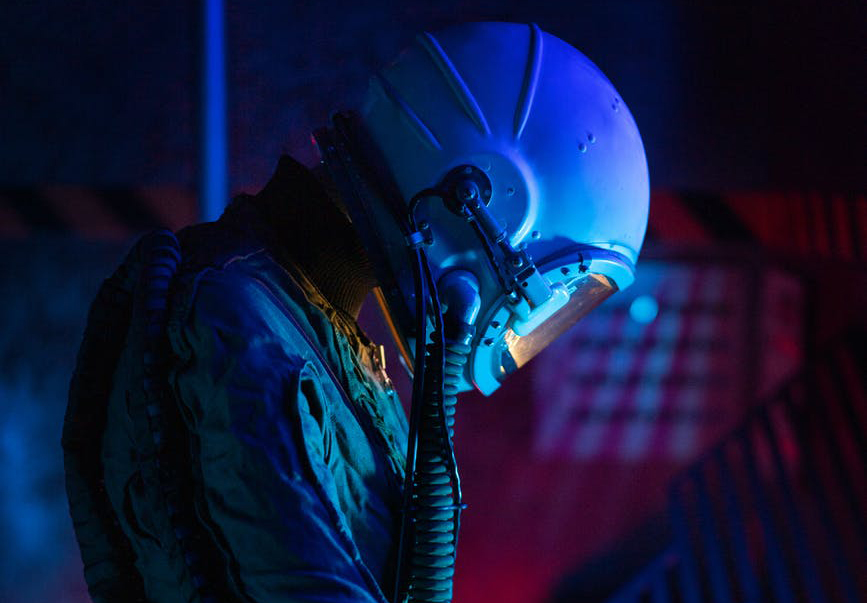Aristocratic industrialization

We want to sing the love of danger, the habit of energy and rashness.
– Filippo Tommaso Marinetti
The techno-craft of the ancient world was intended to increase the intensity and heroism of life. Currently it exemplifies only our cowardice and increasing reliance on a glutted inhuman system (with veins made of distribution networks). This diffuse pansyism suffocates the latent aristocratic sensibilities within our culture (or what now remains of it).
This is largely due to the decline of religion, or a loss of the concept of ‘what religion is’ in a fog of post-Darwinist parasitism (the materialist rise of the ‘financier’). When a man who is otherwise very social and not particularly inclined to self-reflection (sadly being most of them) is distracted by sensualist circus, it is impossible for him to contemplate the permanent essence of the souls, or the eternal possibilities of otherworldly realms. These sense-creatures become easily frightened with the concepts of death, and obsessed with safety, and fail to aspire to lives of intensity and heroism. The pointless financial hamster-wheel of (superficial) safety and routine become their fickle foundation, and no works of valor or creativity will issue from such creatures, unless with the effete confines of culturally approved communal submission.
The more industrial and Post-modernist society becomes, the less imaginative and less heroic our daily life becomes. It is ironically the culture that is obsessed with safety which grows more unsafe and fragile by the day. It’s browbeaten denizens are filled with fear and anxiety, and the brainwashed ants of ‘system-thought’ lash out angrily at any faint trace of health or endurance.
Aesthetically speaking, the framework of cultural goals (which is translated into tech and culture itself) has in general lost it’s sharp masculine edge. It is soft and effeminate, and even the modern day sports-car no longer represents a masculine energy, or relates in particular to anything historically reasonable or relevant. Hi-tech heroism appears now mostly in video games, and even then, it is (nonsensically) performed by digital ladies, to be ‘fair’.
If the roman empire industrialized during their reign, would they have built a culture of hyper-convenience and cowardice? We did not either, until a stranglehold of dishonest values were beamed into the minds of the masses from control-machines. Imagine if we were still armed with self-belief, with a sensible and non-inclusive hierarchy with a respected position for each ability? With a rational sense of duty for all?
If Rome or Holy Emperors had never fallen (first to republicanism, then to communism) patrician aristocrats of the imperium would embrace bold and experimental pursuits, and wild acts of monumentalism which utilized high-technology – a culture of hi-tech heroism and beauty. To possess a mindset from classical antiquity, but armed with a futuristic applied science.
The recreation of Talos, the man of bronze: against all probability, against all the braying of the unimaginative materialists.
When the future no longer encapsulates a sense of mysticism, the future itself becomes sterile. The vitality to conquer and explore the stars, or to explore inward (and beyond) are lost. As we can see, the expansion of horizons can be simply abandoned, by the apathetic, the lazy, the easily distracted. The reality of adventure and exploration can be eliminated before the future even arrives. We are in danger of this.
A mysticism is required, a mysticism of the future – to meet the future. This mysticism must crucially have optimism, as there is no reason not to have it. The populace requires confidence to achieve, just like the individual does; new heights and possibilities are forever unseen, by the nature of their newness.
The future needs to be mystical, and requires a harshness, a realism, not an unending capitulation. Only the wise can create a glorious future.
“Una cosa fatta bene puo fatta meglio” (A good thing can be done better) – Gianni Agnelli











